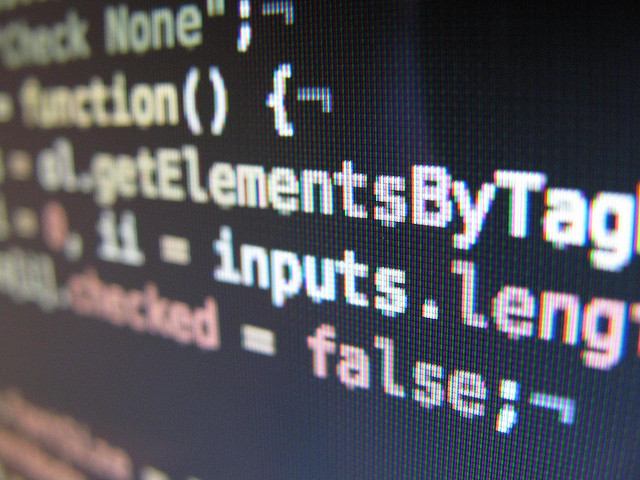Online Privacy After the Ashley Madison Hack
/Hackers claim to have accessed data from Ashley Madison, a notorious website that helps people cheat on their partners. The hackers claim their actions are based on ethical grounds, but it’s plausible that they could attempt to profit through extortion since this data is particularly sensitive.
The salacious content of this story proved irresistible to news editors. Considering the website’s implicit focus on discretion, the karmic novelty of this story has, no doubt, fueled its momentum. This is compounded by the possibility that the personal information of millions of users will eventually be disclosed.
As you might expect, many of these news articles include sundry tips regarding online privacy. This is as good a time as any, I suppose, to remind people about good practices for online safety, but I’m puzzled that people need such reminders after other high-profile security breaches and hacks have been reported on extensively. (Remember the Snowden disclosures about NSA surveillance practices? -- and the millions of US federal employees whose personal information was stolen?)
The Internet is a Public Space.
Lots of us would like to imagine that at least parts of the internet are private (we have “privacy settings” after all), but my impression is that the number and scope of these cyber attacks is increasing. When the victims were companies like Target, The Home Depot and Sony’s PlayStation Network, perhaps people weren’t concerned so long as they weren’t customers who had entered credit card data on these websites -- but when an entity like the government of the United States can be a victim, ordinary people have to take notice and consider the choices they make about what kinds of information they supply online.
Photo by FutUndBeidl (CC BY)













